Contact Us Today
Contact Us Today
Are Insulation Boards Waterproof?
In the realm of building and renovation, insulation is a crucial factor in maintaining the comfort and energy efficiency of spaces. Among the myriad of insulation options, insulation boards have gained popularity. However, a common question arises: are these boards waterproof? This is a crucial consideration, especially in moisture-prone areas.
Understanding Insulation Boards: Applications, Advantages, and Limitations
Insulation boards, made from materials such as polystyrene, polyisocyanurate (PIR), and extruded polystyrene (XPS), are a versatile and popular choice in many building scenarios. Their rigidity, ease of installation, and moisture resistance make them suitable for various applications. However, understanding both their strengths and limitations is crucial for optimal use.
Applications and Advantages:
- Basements and Foundations: Insulation boards are ideal for basements and foundation walls due to their moisture resistance and ability to maintain shape and effectiveness in damp conditions. These boards can be placed on the exterior of foundation or basement walls.
- Flat Roofs and Terraces: For areas with foot traffic, such as flat roofs, the high compressive strength of boards like XPS makes them preferable, as they withstand pressure without losing insulating properties.
- Cathedral Ceilings and Tight Spaces: In areas with limited space, the thin profile of insulation boards is advantageous, offering effective insulation without significant space reduction.
- External Wall Insulation Systems: These boards are convenient for retrofit projects on external walls due to their ease of installation and ability to act as a weather barrier.
- Floors: Insulation boards are beneficial for floor insulation where maintaining floor height is a concern, providing efficient insulation with minimal height increase.
- Specialized Applications: Certain types of rigid boards are chosen for their fire-resistant properties or for specific soundproofing needs.
Limitations:
- Challenges in Airtight Sealing: Achieving a completely airtight seal can be difficult with insulation boards, potentially leading to air leaks and reduced energy efficiency.
- Variability in R-Value: The R-value per inch can be lower in some boards compared to spray foam, necessitating careful selection based on required thermal resistance.
- Installation Precision Required: Precise installation is crucial to avoid gaps and thermal bridging, which can diminish the insulation's effectiveness.
- Moisture Sensitivity in Some Types: Certain boards, like EPS, may absorb water over time, affecting their insulating properties.
- Physical Space Limitations: The rigidity of insulation boards makes them less adaptable to irregular surfaces compared to spray foam.
- Environmental Impact: The production of some insulation boards can have a higher environmental footprint, an important consideration for eco-conscious projects.
Understanding the specific contexts where insulation boards excel and recognizing their limitations is key to making informed decisions for your insulation needs.
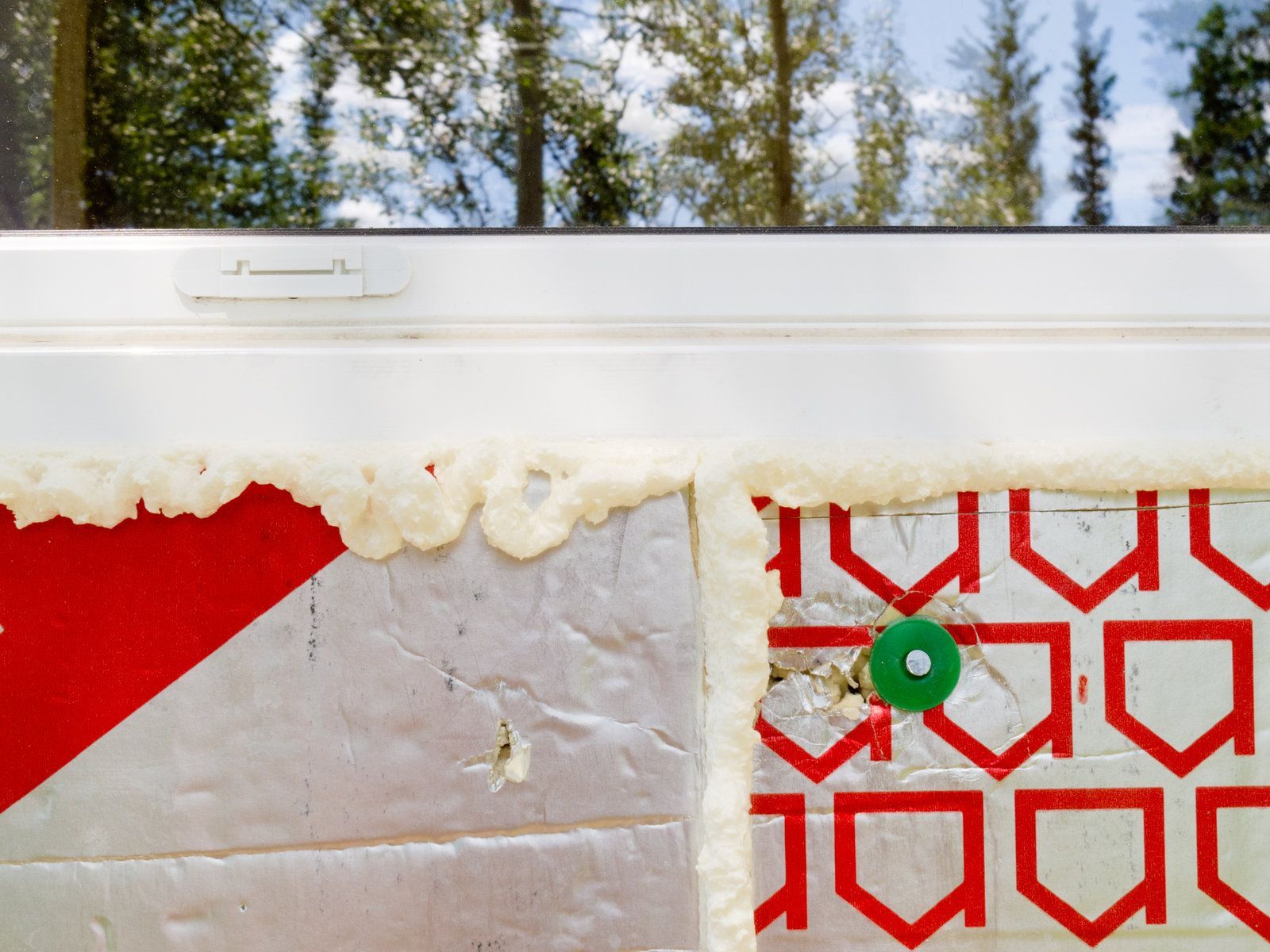
The Water Resistance of Insulation Boards – Know Which One to Choose
In choosing the right insulation boards for a construction project, it's essential to understand their varying degrees of water resistance. By categorizing these materials from least to most waterproof, we can provide clearer guidance on selecting the appropriate type for specific environmental conditions and scenarios.
- Polystyrene Boards (Least Water-Resistant):
- Typically used in residential settings, these boards offer moderate water resistance. However, they may not be the best choice for areas with prolonged moisture exposure, such as basements prone to dampness.
- Polyisocyanurate (PIR) Boards (Moderately Water-Resistant):
- PIR boards have better water resistance than polystyrene and are often chosen for roof insulation in commercial buildings where stronger moisture protection is required. The effectiveness of PIR boards in resisting water can vary based on density and the specific product. Their performance is also dependent on precise installation to prevent moisture ingress.
- Extruded Polystyrene (XPS) Boards (Most Water-Resistant):
- XPS boards are known for their superior water resistance, making them suitable for high moisture exposure areas. This includes applications such as below-grade exterior insulation and as a base in wet areas like showers. The closed-cell structure of XPS makes it less prone to water absorption, a critical attribute in settings like below-grade walls or areas with potential for standing water.
Additional Considerations for Maximizing Water Resistance:
- Regardless of the type of board, proper installation is key. For example, even the more water-resistant XPS boards require correct fitting and sealing, especially at joints, to prevent water penetration.
- In some cases, supplementing insulation boards with waterproof membranes or coatings can further enhance their moisture protection, especially in outdoor or high-humidity environments.
By understanding the spectrum of water resistance offered by different insulation boards, from polystyrene to XPS, one can make more informed decisions. This ensures that the chosen insulation not only meets the thermal requirements of the project but also withstands the specific moisture challenges of the environment.

Choose the Right Insulation for Moisture-Prone Areas
To directly answer the question posed at the beginning of this post: "Are insulation boards waterproof?" – the answer is nuanced. While no insulation board is completely waterproof, some types, like Extruded Polystyrene (XPS), offer high levels of water resistance, making them suitable for use in moisture-prone areas. On the other hand, materials like polystyrene and Polyisocyanurate (PIR) boards provide moderate water resistance and may require additional protective measures in highly damp environments.
This understanding is crucial in ensuring that your insulation not only provides the necessary thermal resistance but also appropriately handles the moisture challenges of your project. The selection of insulation material is a balance of performance, environmental conditions, and long-term resilience against moisture.
At ProTech Insulation in Colorado Springs, we recognize the importance of matching the right insulation material to the specific requirements of each project. Whether it's a residential basement, a commercial building, or any scenario where insulation integrity and moisture resistance are paramount, our team is equipped to provide expert guidance.
Don’t compromise on your insulation's effectiveness in the face of moisture. Contact ProTech Insulation today to explore the most suitable and resilient insulation options for your needs. Our commitment to quality and expertise ensures that your insulation not only meets but exceeds the demands of your unique environment.
Ready to work with ProTech Insulation?
Let's connect! We’re here to help.
Send us a message and we’ll be in touch.
Or give us a call today at 111-222-3333
Agency Contact Form
We will get back to you as soon as possible
Please try again later
More Marketing Tips, Tricks & Tools
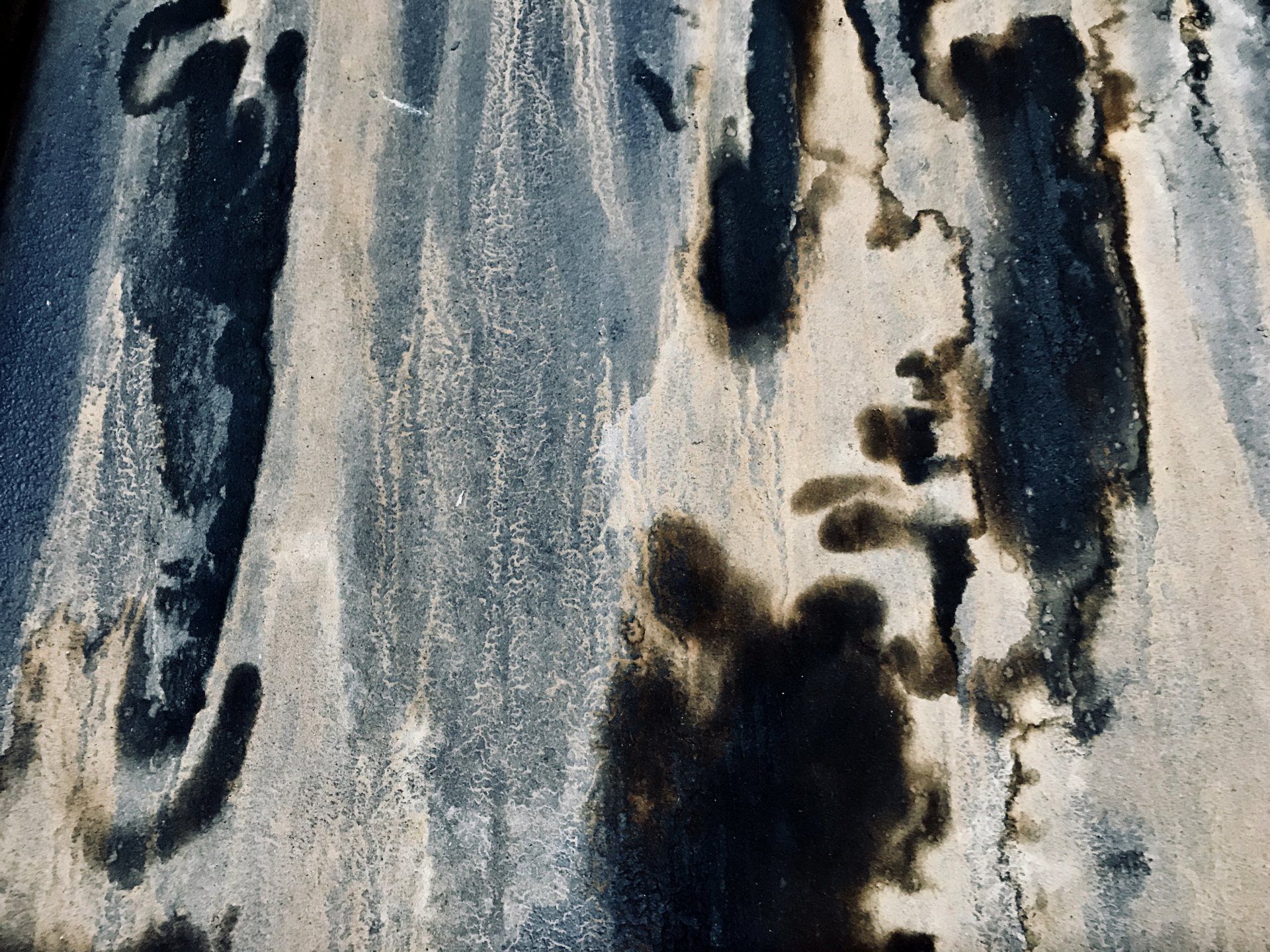
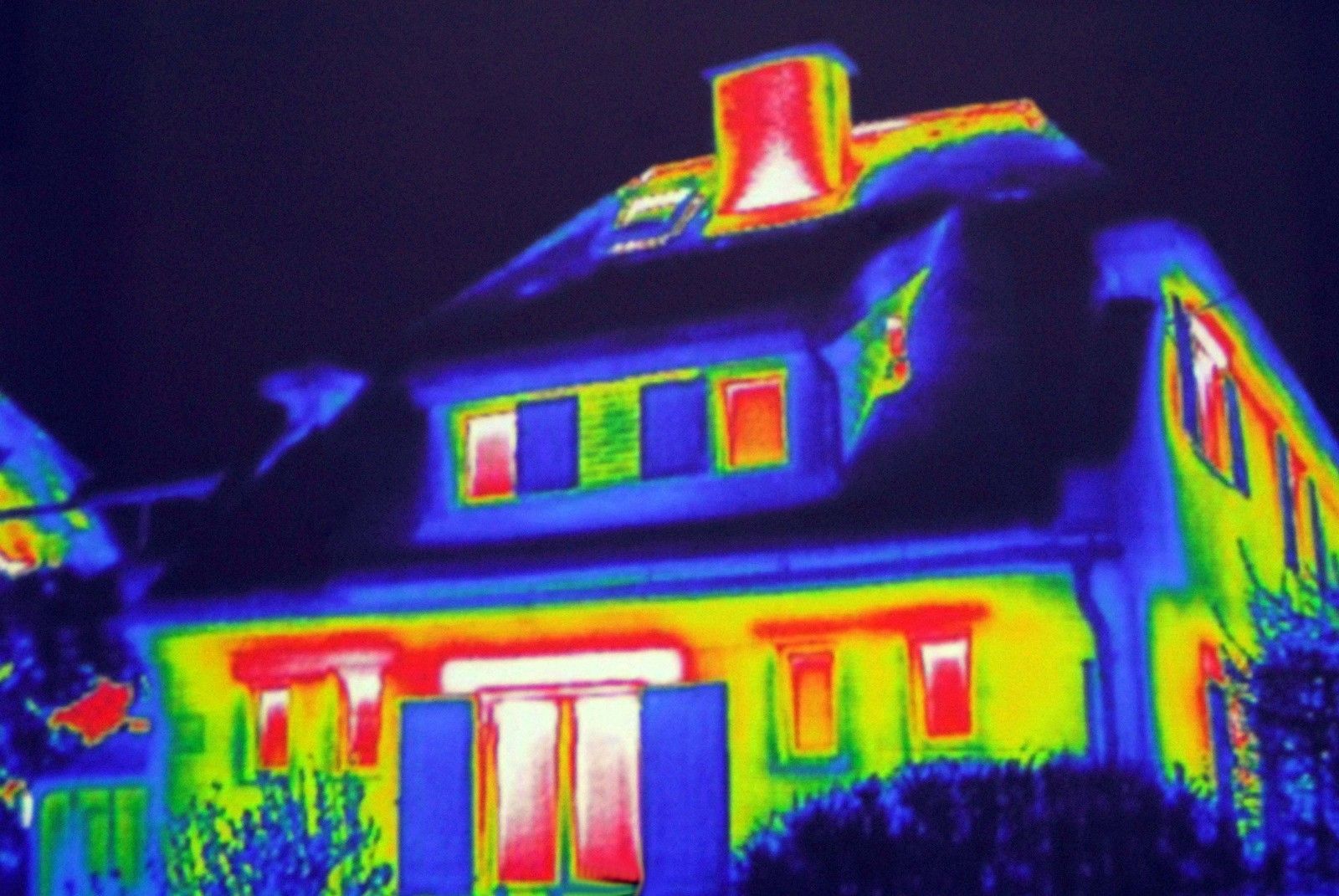

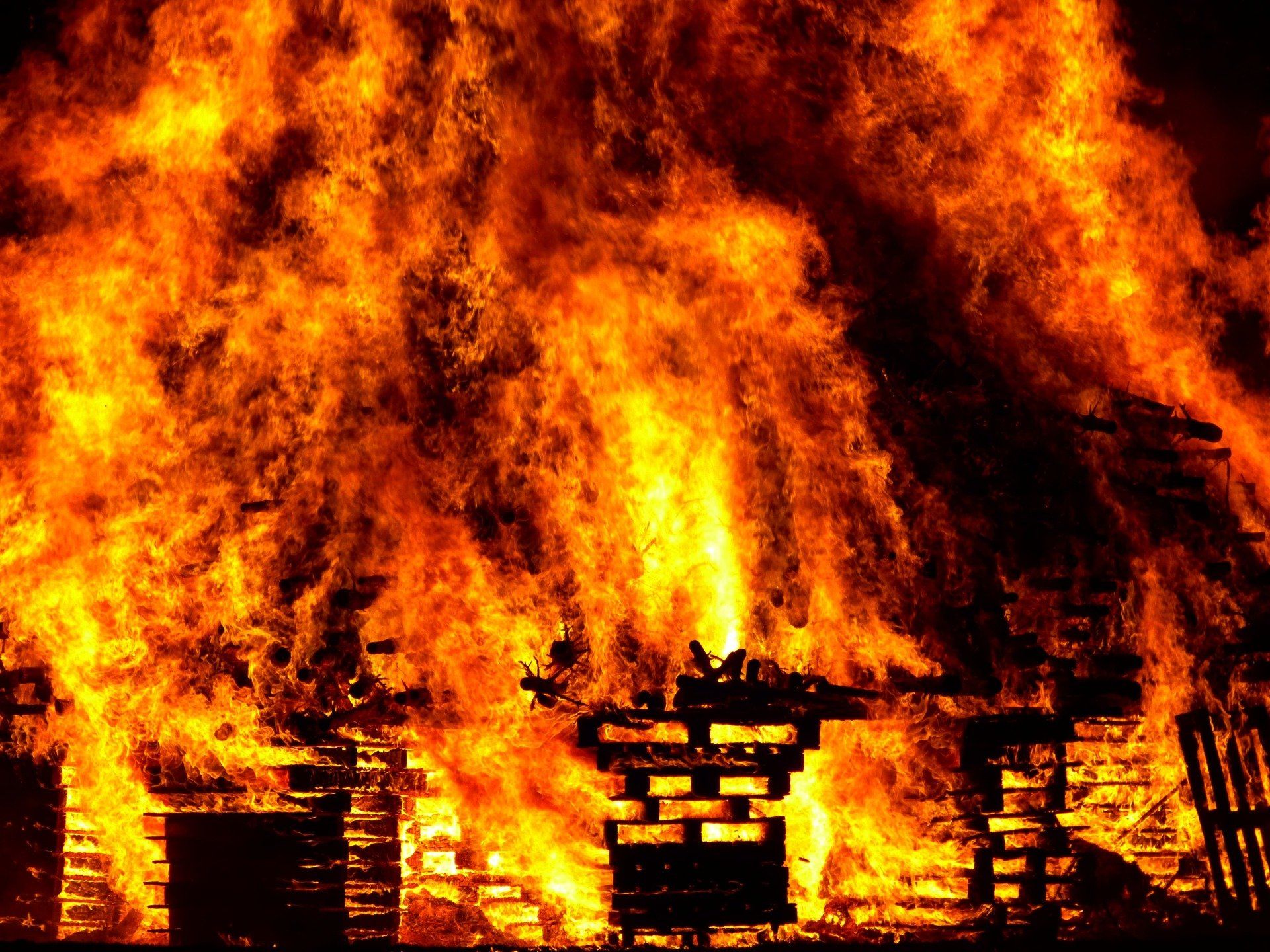
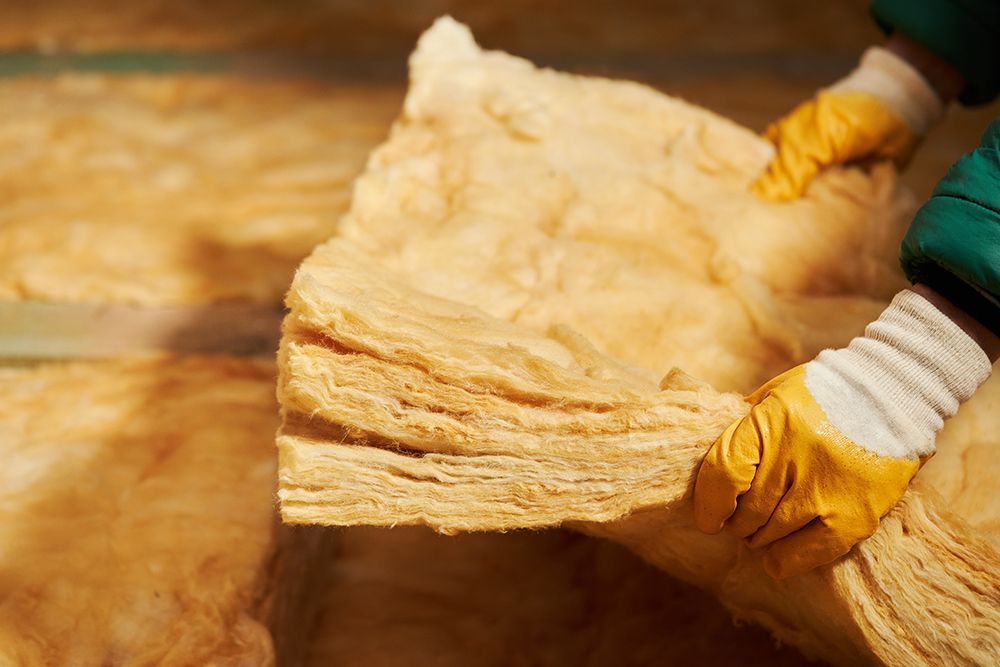

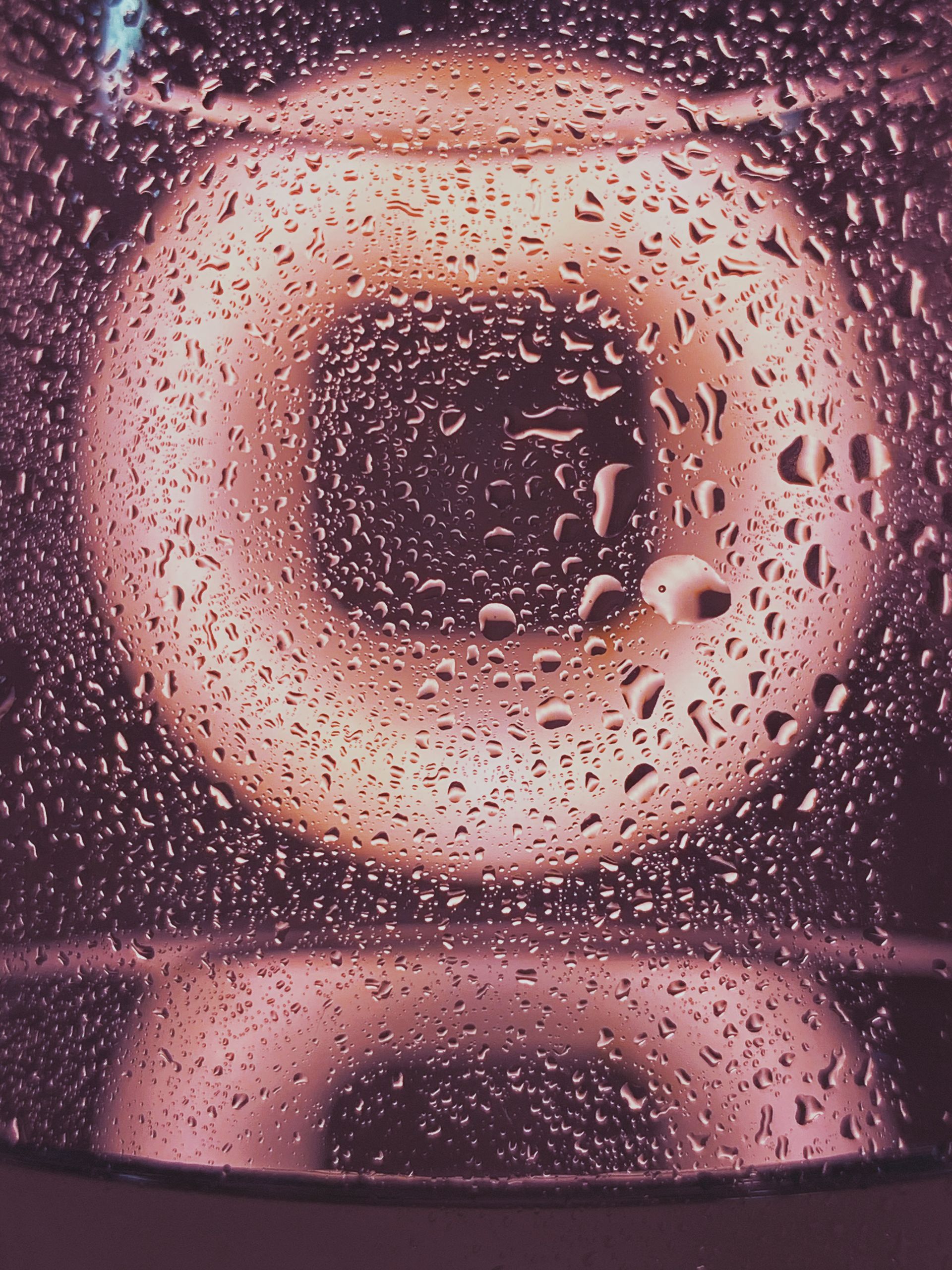

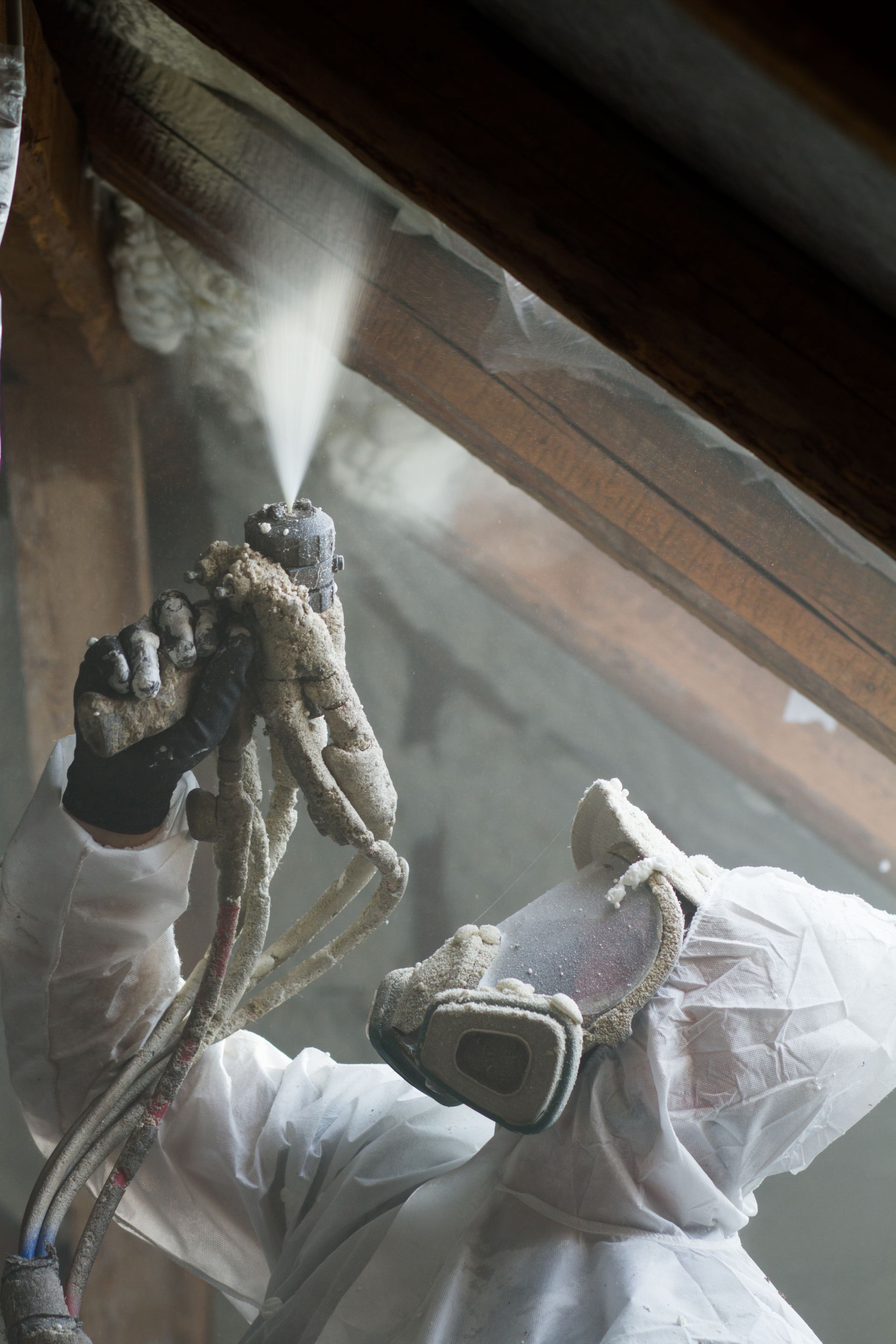
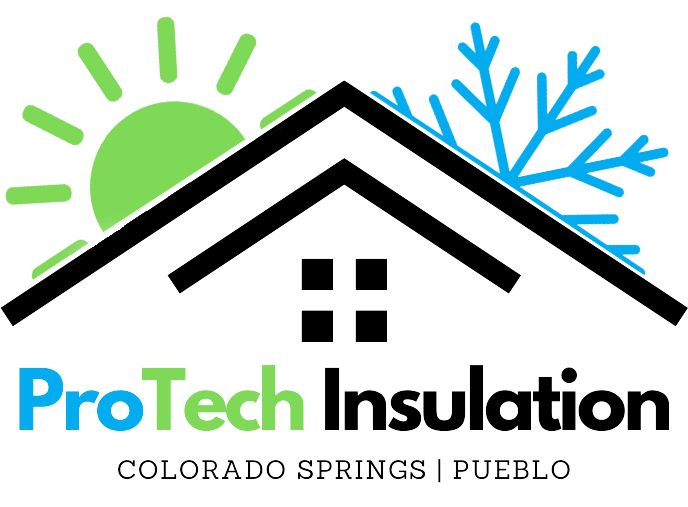
All Rights Reserved | ProTech Insulation
All Calls Sent To A Qualified Contractor

